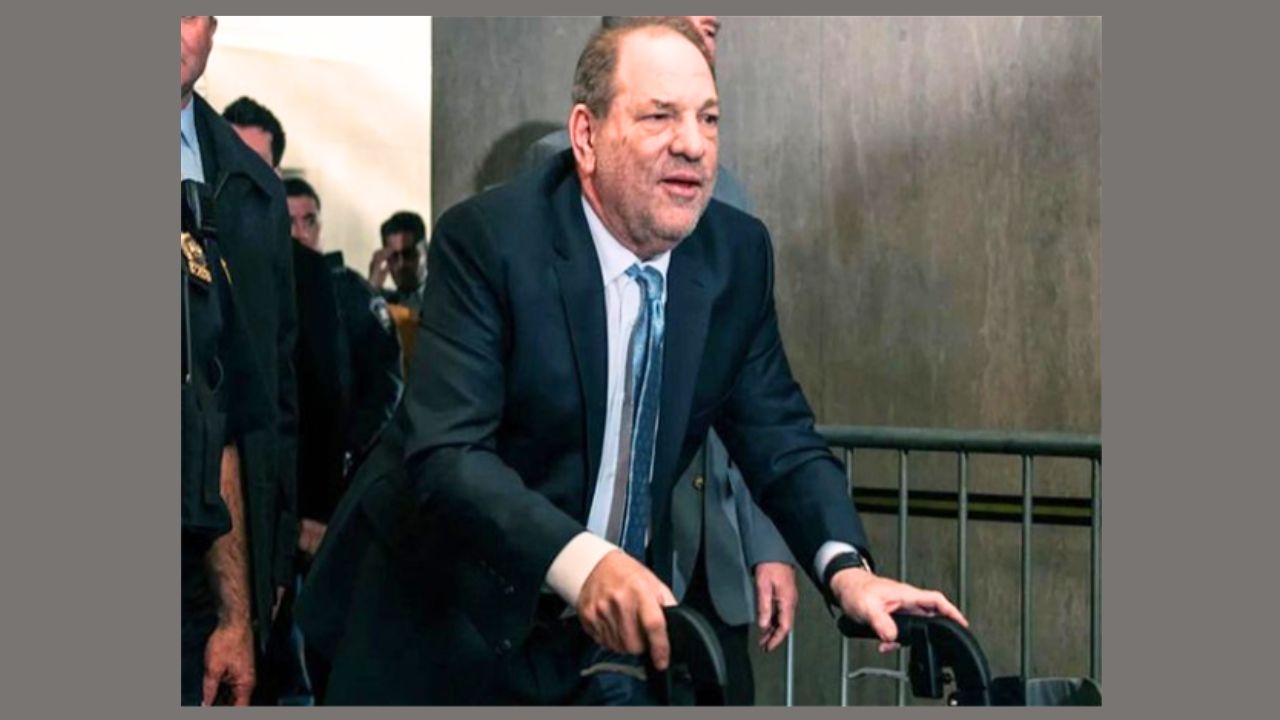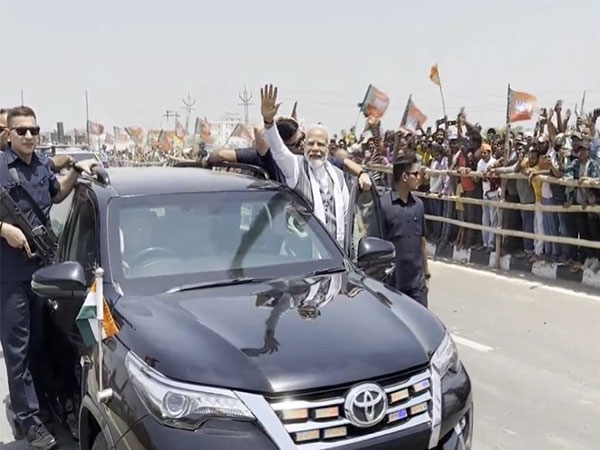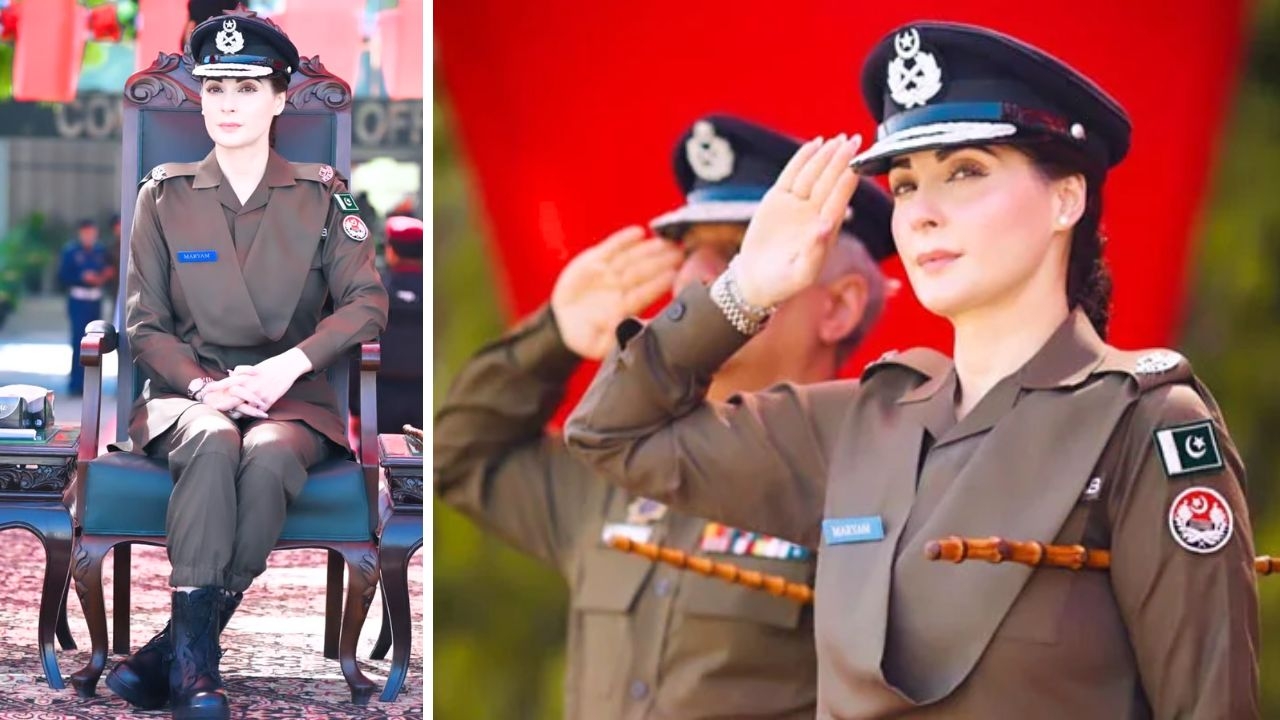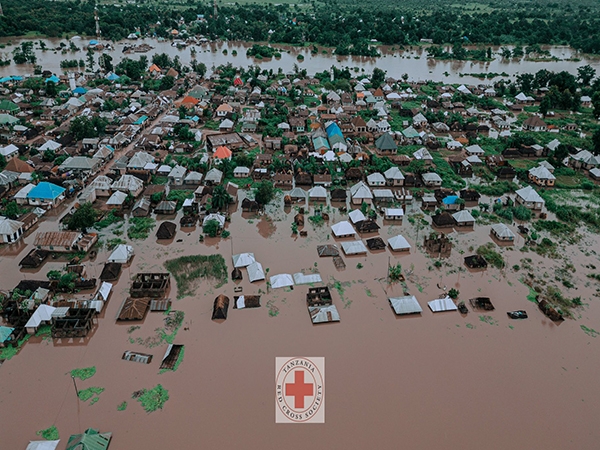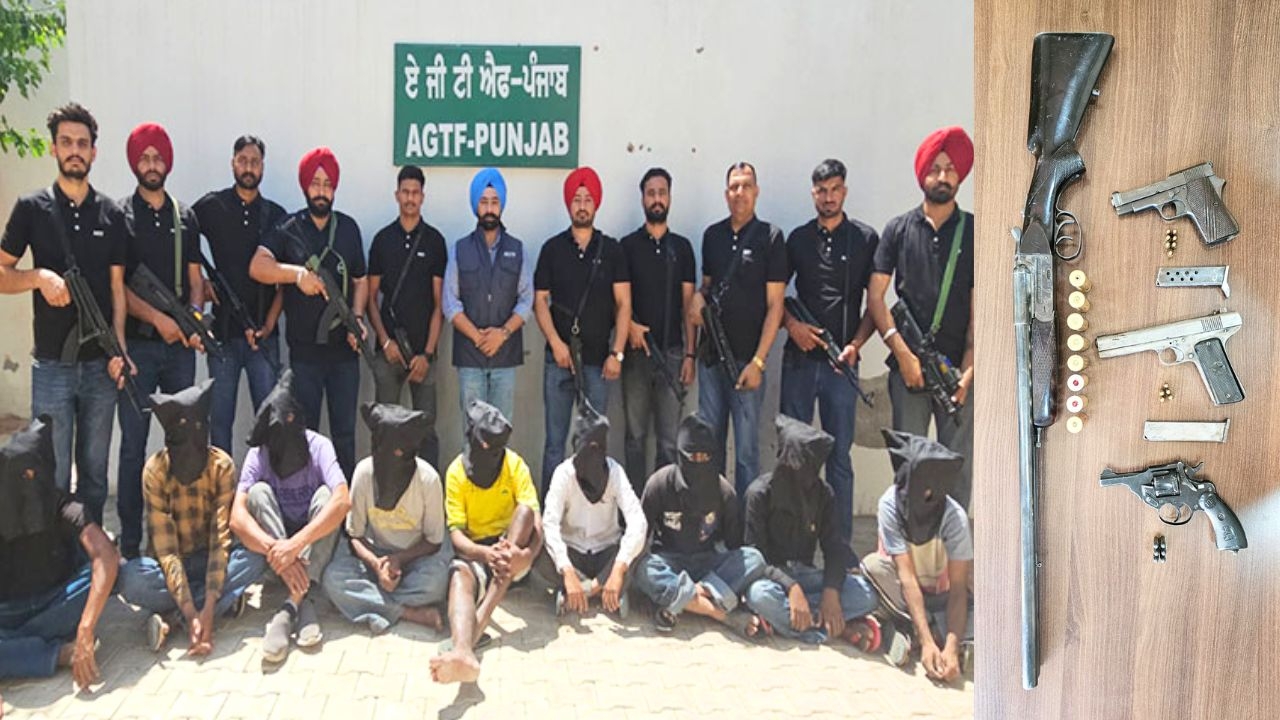Indian govt hasn't done enough to deter racist attacks: African envoys
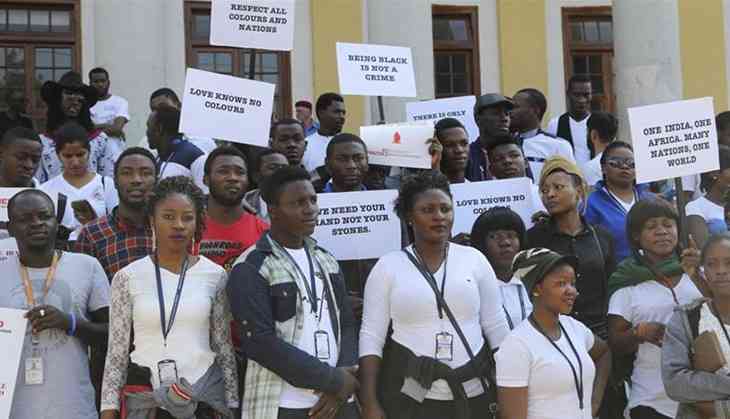
In a strong message which could embarrass the Indian government, envoys from African countries have said that India has not done enough when it comes to attacks on African citizens. The envoys have demanded that an inquiry by the UN Human Rights Council and other international human rights organisations take place.
The unusual move has come as a surprise to Indian diplomats who have served in Africa. They claim that such a statement is not just ill advised but also undiplomatic if one were to look at the larger picture of friendly relations between India and African countries.
However, as one former diplomat put it “In my tenure spanning four continents, I have not come across any society including South Africa of the apartheid days which is as racist as India.”
Strong words
While the government of India refused to call the attacks as racial and said that it is not correct to draw a conclusion pending an investigation, the office of the Dean of the Heads of African Mission Accredited to India "unanimously agreed" in a meeting that these accumulated attacks against Africans are xenophobic and racial in nature".
The MEA, in it's interestingly worded response, says that the way a criminal act is being termed as xenophobic and racial is unfortunate and that the statement may not have had the nod from all envoys as the statement claims.
“We have seen the statement by the Eritrean Ambassador to India, who is also the Dean of the African Head of Missions, apparently issued on their behalf. It is unfortunate that a criminal act triggered following the untimely death of a young Indian student under suspicious circumstances has been termed as xenophobic and racial. Investigations on the death of Indian teenager and the subsequent incident by local authorities are ongoing,” reads the statement.
The MEA was also quick to remind of how a day after the incident in Greater Noida, a Kenyan National had reported an attack which she had to later withdraw after serious questions were raised on the crediblity of her allegations.
“It may be noted that a subsequent report of assault on a Kenyan national has been withdrawn and the Government has been informed by Kenyan High Commission that the concerned Kenyan national, whose tourist visa has expired, is returning to Kenya. Nevertheless, the Kenyan High Commission has expressed appreciation for prompt response by local police authorities on her complaint,” MEA statement says.
According to MEA sources, “It is understood that a very small number of African Head Of Missions may have been consulted in the issuance of the press release by the African HOM Dean. Some of the prominent African HoMs denied that they attended the reported meeting or were consulted.”
Meanwhile, the statement by the African envoys also mentioned how they felt that the attacks were not condemned in full measure by the Indian government. The statement says “...express their deep concern and also take note that these reprehensible events, both outstanding and unresolved cases against Africans, were not sufficiently condemned by the Indian authorities."
In the strongly worded statement, the envoys say that they expected “strong condemnation from the highest political level (both nationally and locally) of the Government of India, as well as expediting legal actions against the perpetrators.”
The MEA, meanwhile, in its statement underlined how the government has taken up the matter seriously. “The Government had condemned and described as unacceptable the incident of attack on a few Nigerian nationals in Greater NOIDA. The significance attached to addressing the matter is reflected in the detailed statement by the External Affairs Minister (EAM) and the discussion in the Parliament,” the statement says.
However, Vivek Katju, a former diplomat, who served as Secretary (West) dealing with India's relations with African nations, is surprised at the language of the statement by the African envoys, and calls it “ill advised and un-diplomatic.”.
“The attack on African nationals in Greater Noida figured in Parliament and was condemned by all members who took part in the discussion. The governments in New Delhi and in Uttar Pradesh have taken up the matter seriously, and an investigation is underway. It needs to be expedited and action needs to be taken,” Katju says. He, however, is surprised at the way “the statement unfortunately overlooks both these developments and the commitments made by the government of India. It has also ignored decades of cooperation between India and African countries which last manifested in the India-Africa Summit in 2015.”
Katju says that while Indian authorities must expedite cases of violence against African nationals, the envoys also “need to ensure that their nationals do not indulge in any criminal activity.”
Another diplomat, however, was less surprised. He says this is not the first time that the African nations have come out with a statement saying they want to take up the matter at the UN Human Rights Council. In 2014, after the late night raid in a South Delhi neighbourhood by AAP minister Somnath Bharti, targeting African nationals, the envoys had said that they may take up the matter at the UNHRC.
Matters of diplomacy
The Ministry of External Affairs is yet to respond to the charge made by the African diplomats.
However, Vivek Katju, a former diplomat, who served as Secretary (West) dealing with India's relations with African nations, is surprised at the language of the statement, and calls it “ill advised and undiplomatic.”.
“The attack on African nationals in Greater Noida figured in Parliament and was condemned by all members who took part in the discussion. The governments in New Delhi and in Uttar Pradesh have taken up the matter seriously, and an investigation is underway. It needs to be expedited and action needs to be taken,” Katju says.
He, however, is surprised at the way “the statement unfortunately overlooks both these developments and the commitments made by the government of India. It has also ignored decades of cooperation between India and African countries which last manifested in the India-Africa Summit in 2015.”
Katju says that while Indian authorities must expedite cases of violence against African nationals, the envoys also “need to ensure that their nationals do not indulge in any criminal activity."
Another diplomat, however, was less surprised. He says this is not the first time that the African nations have come out with a statement saying they want to take up the matter at the UN Human Rights Council. In 2014, after the late night raid in a South Delhi neighbourhood by AAP minister Somnath Bharti, targeting African nationals, the envoys had said that they may take up the matter at the UNHRC.
The attack
The statement comes days after attacks on African citizens in Greater Noida, a satellite town less than 50 kilometres away from the Capital. The attack on as many as four Nigerian nationals followed the death of a young student due to alleged drug overdose.
Expectedly, as a large section of the locals, for dearth of sensitisation, believe Nigerians to be involved in drug trade, blamed the foreign student community for the incident, leading to mobs attacking them in day light. One such incident was even filmed as a student was badly beaten up in a mall in Greater Noida.
Minister for External Affairs Sushma Swaraj had spoken to Uttar Pradesh Chief Minister Yogi Adityanath asking for action against the attackers and sought a report from the state government.
Racist India
This is not the first time that African nationals have been at the receiving end in the country. After the brutal murder of a Congolese national Masonda Ketada Oliver in May 2016, who was beaten to death in South Delhi after a brawl over the hiring of an autorickshaw, envoys from African countries had threatened to boycott Africa Day celebrations being organised by ICCR on 26 May.
They had asked the government to take steps to ensure the safety and security of African nationals instead. African nationals had then also faced attacks in New Delhi and in Bengaluru.
The envoys had then agreed to attend the celebrations after intervention by the MEA where minister of state for external affairs General VK Singh had met the African envoys and promised strongest legal action. He also told them that he would be regularly conducting outreach event with African students beside meeting the envoys every three months.
However, it seems that the African envoys are not happy with the steps taken by the Indian government.
"They reviewed the previous incidents that have taken place in the past and concluded that no known, sufficient and visible deterring measures were taken by the Government of India," the latest statement says.
"They agreed to take further actions including the call for an independent investigation by the Human Rights Council as well as other human rights bodies, and also to comprehensively report the matter to the African Union Commission.”
First published: 3 April 2017, 19:43 IST
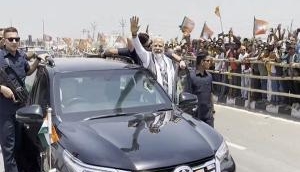
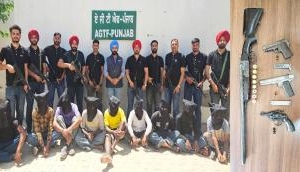
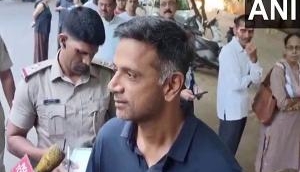
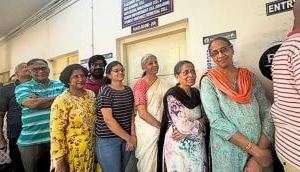
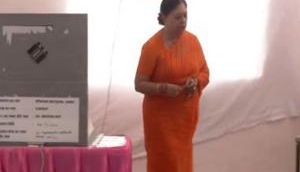
![BJP's Kapil Mishra recreates Shankar Mahadevan’s ‘Breathless’ song to highlight Delhi pollution [WATCH] BJP's Kapil Mishra recreates Shankar Mahadevan’s ‘Breathless’ song to highlight Delhi pollution [WATCH]](http://images.catchnews.com/upload/2022/11/03/kapil-mishra_240884_300x172.png)

![Anupam Kher shares pictures of his toned body on 67th birthday [MUST SEE] Anupam Kher shares pictures of his toned body on 67th birthday [MUST SEE]](http://images.catchnews.com/upload/2022/03/07/Anupam_kher_231145_300x172.jpg)


